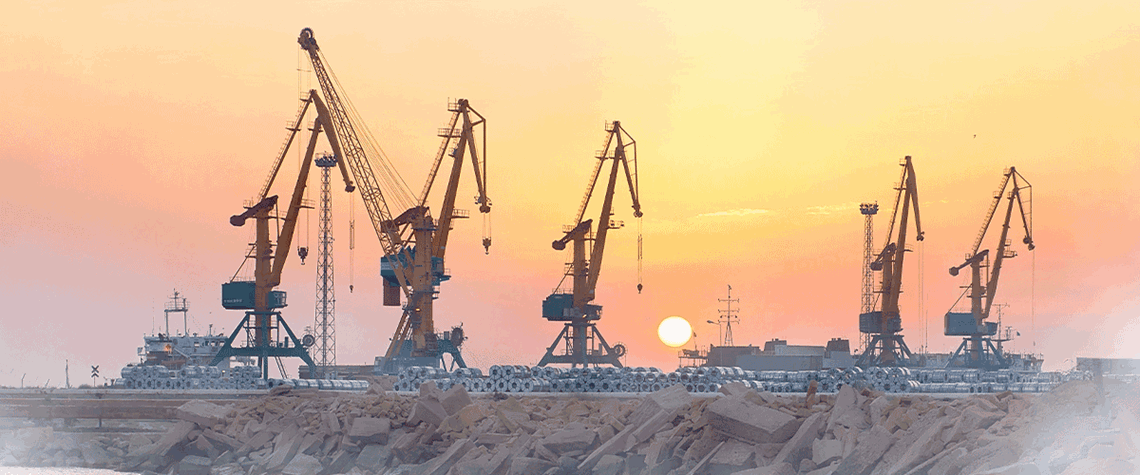Political will a key driver for Central Asia hydrogen
While the region is seeing new interest from Middle Eastern and European developers, a lack of midstream infrastructure and uncertainty around local demand could be a hurdle for large-scale projects
Future hydrogen development in Central Asia will depend on political ambition to decarbonise and could face offtake and export hurdles, warns Yury Melnikov, independent analyst and member of the UN Economic Commission for Europe’s task force on hydrogen, drawing on the results of an open study due to be published in Geneva in the coming weeks. While the region is emerging as a new source of oil and pipeline gas to Europe in the wake of the Russia-Ukraine war, unlocking vast hydrogen potential is lagging some way behind. Uzbekistan and Kazakhstan present the most likely centres of Central Asian hydrogen production, owing to an abundance of energy resources—natural gas, wind and solar—and poli

Also in this section
16 April 2024
European Commission to provide list of approved certifiers in a move that is expected to help unlock investment in the sector
9 April 2024
Higher country-level risk and green hydrogen project execution risks are driving up financing costs, according to the Hydrogen Council and McKinsey
4 April 2024
EET’s $2.4b plan to decarbonise major refinery in northwest England hits key milestone with CO₂ pipeline approval
3 April 2024
Policymakers must back development of new electrolyser technologies as well as the scale-up of established designs to bring down stubbornly high costs







